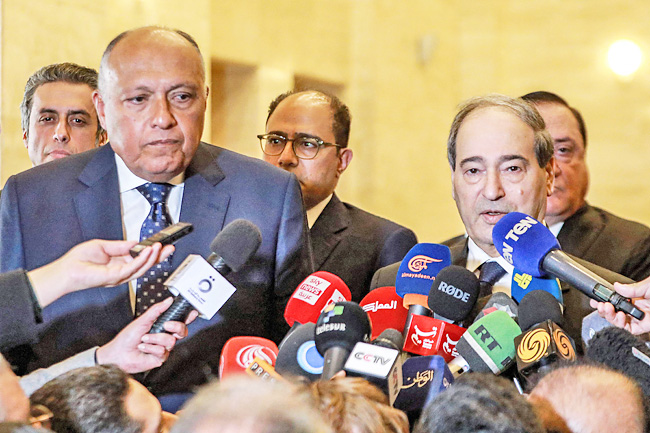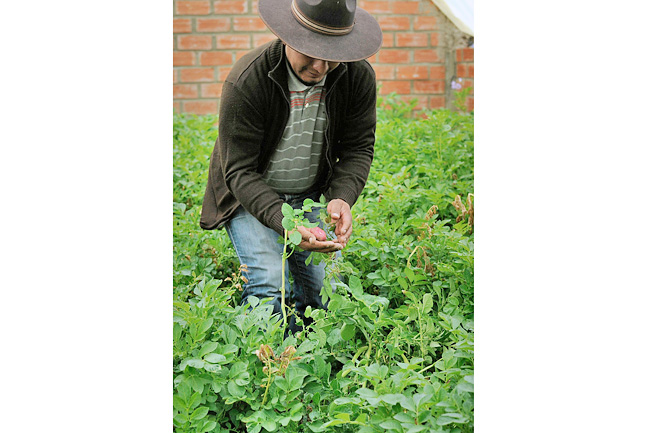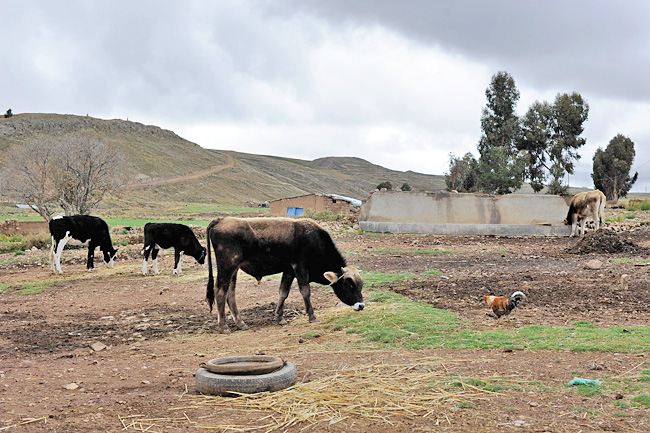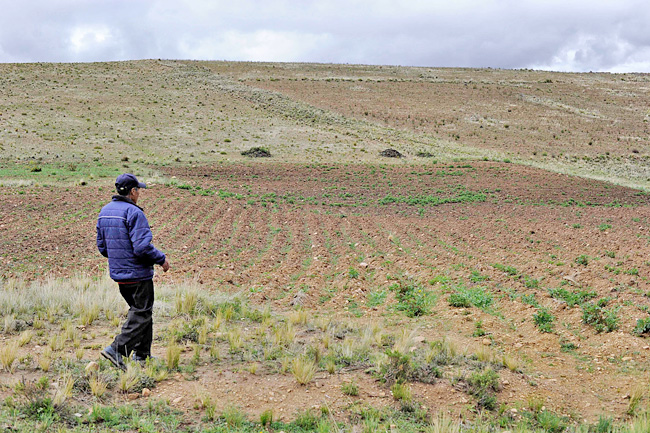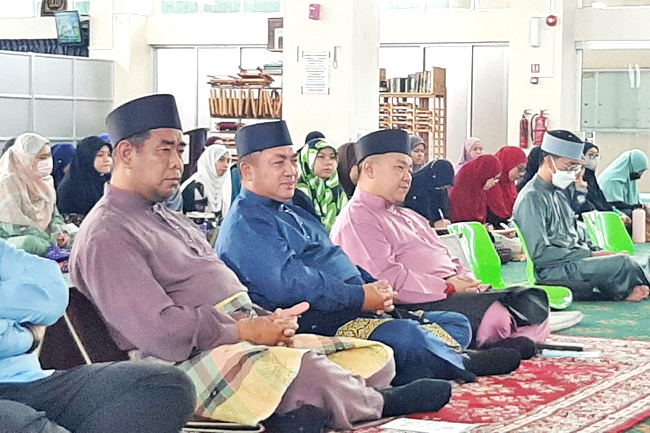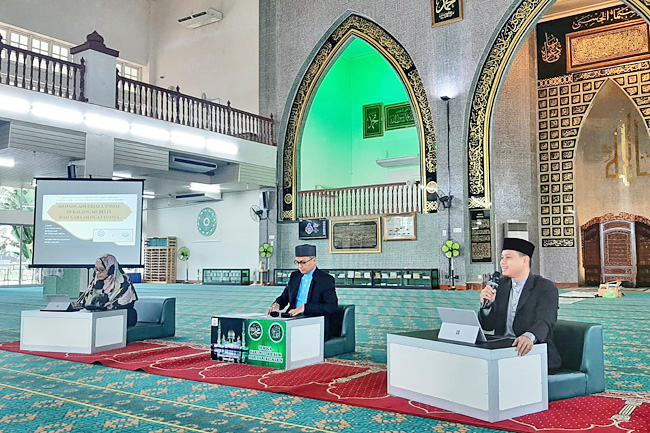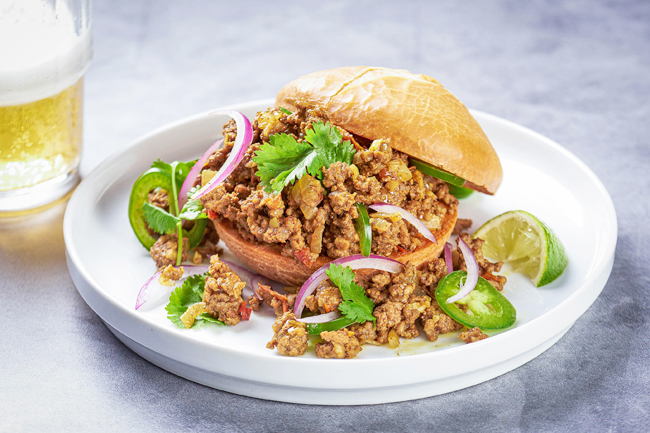Khonesavanh Latsaphao
ANN/VIENTIANE TIMES – The Boun Xang (Elephant Festival) held annually in Xayaboury province celebrates the longstanding relationship between Lao communities and elephants, and highlights the animals’ place in Lao culture and history.
The festival aims to engage the interest of the younger generation and encourages them to understand the importance of preserving the elephant population in Laos.
Elephants are recognised for their strength, intelligence, ability to learn, and insight, and for the close relationship they form with their mahouts.
According to the Department of Livestock and Fisheries, Ministry of Agriculture and Forestry, in 1975 there were as many as 900 domesticated elephants in Laos. But by 2008 that number had dropped to about 700, and now the population may be reduced to less than 500.
As well as a lack of breeding opportunities and a rapidly ageing population, the elephants are at risk from poachers and disease. However, elephants now undergo more health checks and their mahouts have been trained on how to treat them when they fall ill.
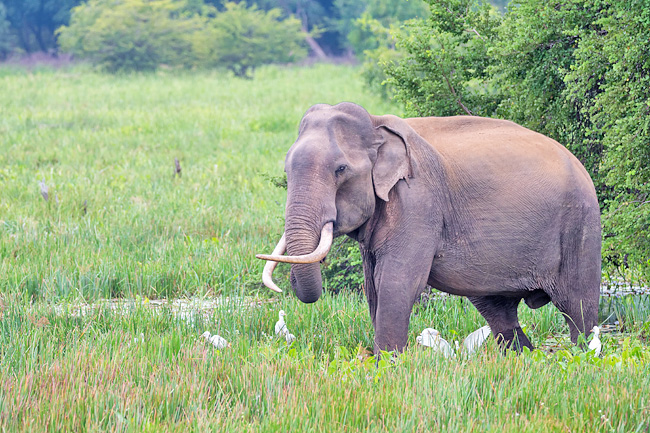
The Deputy Governor of Xayaboury province, Phetphixay Sounvily, said the province has staged an Elephant Festival in February every year since 2007.
“Xayaboury has more elephants than any other province in Laos,” he said proudly.
The preservation of these huge mammals is doubly important given Laos’ moniker “The Land of a Million Elephants”, so everyone has a duty to protect them and ensure they remain a part of Lao life, as well as letting the world know about the enduring presence of elephants in Laos.
This year’s festival took place at the main stadium in Xayaboury provincial capital, which is next to the elephant garden on the banks of the Namhoung River.
During the festival, the elephants exhibited a wide range of skills and performed circus acts they had been trained to do for audiences.
They held festival signs and flags, presented flowers and other objects to people, danced, painted, hit gongs and drums, played a khaen, played football, took part in a running competition, gave a massage demonstration, and performed other activities to entertain spectators.
Nowadays, elephant tourism is becoming increasingly popular and many people want to see elephants taking part in various activities. Visitors like to pose for photos with the elephants and watch them perform, believing this will bring them good fortune.
Xayaboury district has many elephants and is also home to the Elephant Conservation Centre at the Namtien reservoir. Visitors can see the elephants bathing and can help wash the animals if they want.
These elephants know how to greet people, ask for food and other treats and how to show respect or thank someone who has given them gifts. The elephants have been trained well by their mahouts over a long period of time and aren’t dangerous.
However, as with people, visitors are urged to be friendly to the elephants and treat them with respect to ensure the mammals remain calm.




